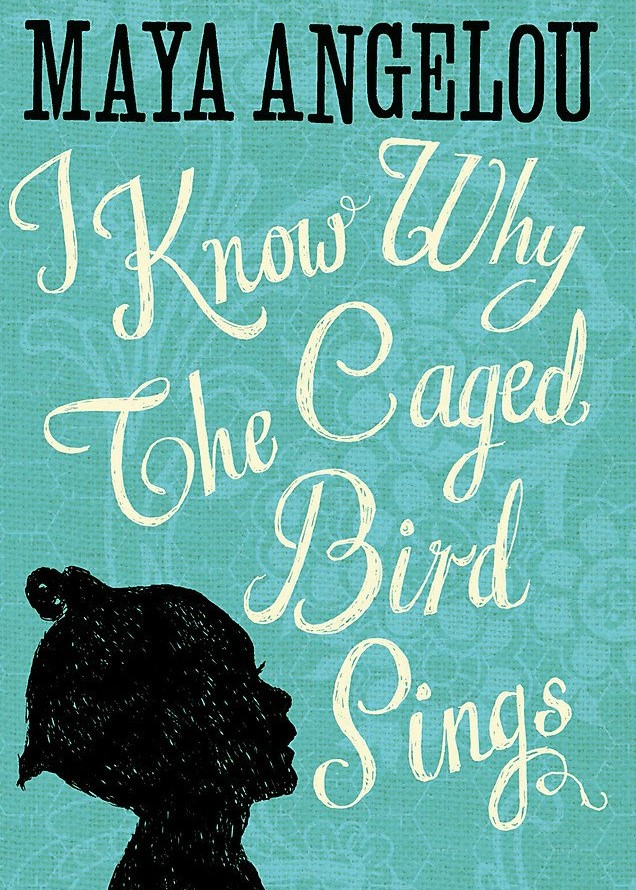Maya Angelou: Black History Month
More stories from Tiffany Muthiaru
February is particularly special to me because, throughout my life, my family and friends have used this time to celebrate and acknowledge the importance of being black in America.
February has been recognized as Black History Month for almost half a century, and in this month, we celebrate and acknowledge the powerful African American people who’ve helped the progression of Black Americans.
According to History.com, this celebration was the brainchild of Harvard-trained historian Carter G. Woodson in 1915, who started recognizing and researching achievements by Black Americans. In 1926, February was chosen as the official month for this celebration because of the shared birthday month between Frederick Douglas, a famous abolitionist, and former American President Abraham Lincoln, who is known for writing and publishing the Emancipation Proclamation, which freed African American slaves. The month was officially recognized by President Gerald Ford in 1976 and was established to “seize the opportunity to honor the too-often neglected accomplishments of Black Americans in every area of endeavor throughout our history,” Ford stated.
I’d like to take the time and point out important figures who are special to me; who I personally look up to. Throughout this month, I will recognize people we should all know more about.
Today, I would like to acknowledge the amazing Maya Angelou. She was many things. She was a poet, a writer, an activist, a teacher and overall a behemoth. To say the least, she is an influential icon who has made her mark for the better. She’s immensely important to me because she was a woman with such grace and a moving life story.
Along with being nominated for various awards in her lifetime, she was awarded the Women in Film Award, the Presidential Medal of Freedom, and a host of honorary degrees; according to undefeated44.com. For 5 years in her childhood, Angelou went mute following a horrendous trauma. During that time, she relied on poetry. “She memorized poetry, rearranging cadences and reciting Shakespearean sonnets in her head,” according to the website. After receiving gradual assistance from a teacher, she was able to speak again, and began to use literature to recover from her trauma. Angelou spoke honestly of her experiences, unashamed to walk in the truths of her past in order to tell her very impactful story.
Later in her life, she joined the Harlem Writers Guild, and wrote the book “I Know Why the Caged Bird Sings” with the help of another phenomenal, impactful writer James Baldwin in 1969. It became a seven-volume best-selling autobiographical series. Nearly a decade later, Angelou struck poetic gold with “And Still I Rise”, a collection that remains one of her most important works, according to undefeated.44.
Regarding her activism, she stood for Martin Luther King, Jr. as the northern coordinator for his Southern Christian Leadership Conference, and worked with Malcolm X to establish the Organization of Afro-American Unity.
Throughout her long life, she accomplished so many great things and made such a difference within the black community and all over the world. One of my favorite quotes by the amazing Maya Angelou is; “I’ve learned that people will forget what you said, people will forget what you did, but people will never forget how you made them feel.” This is a quote I memorized in a women’s group I was a part of in middle school. Angelou was able to overcome tragedy and use her voice and her literature to make the world feel and hear the pain that many black people feel and her experience around the world.
Here’s one of her most powerful poems nationally. This poem to me expresses the weight placed on black women’s shoulders and how in society they are expected to act a certain way, be a certain way, and speak a certain way, and we still overcome society norms and rise above the stigma.
Still I Rise
By Maya Angelou
You may write me down in history
With your bitter, twisted lies,
You may trod me in the very dirt
But still, like dust, I’ll rise.
Does my sassiness upset you?
Why are you beset with gloom?
’Cause I walk like I’ve got oil wells
Pumping in my living room.
Just like moons and like suns,
With the certainty of tides,
Just like hopes springing high,
Still I’ll rise.
Did you want to see me broken?
Bowed head and lowered eyes?
Shoulders falling down like teardrops,
Weakened by my soulful cries?
Does my haughtiness offend you?
Don’t you take it awful hard
’Cause I laugh like I’ve got gold mines
Diggin’ in my own backyard.
You may shoot me with your words,
You may cut me with your eyes,
You may kill me with your hatefulness,
But still, like air, I’ll rise.
Does my sexiness upset you?
Does it come as a surprise
That I dance like I’ve got diamonds
At the meeting of my thighs?
Out of the huts of history’s shame
I rise
Up from a past that’s rooted in pain
I rise
I’m a black ocean, leaping and wide,
Welling and swelling I bear in the tide.
Leaving behind nights of terror and fear
I rise
Into a daybreak that’s wondrously clear
I rise
Bringing the gifts that my ancestors gave,
I am the dream and the hope of the slave.
I rise
I rise
I rise.


